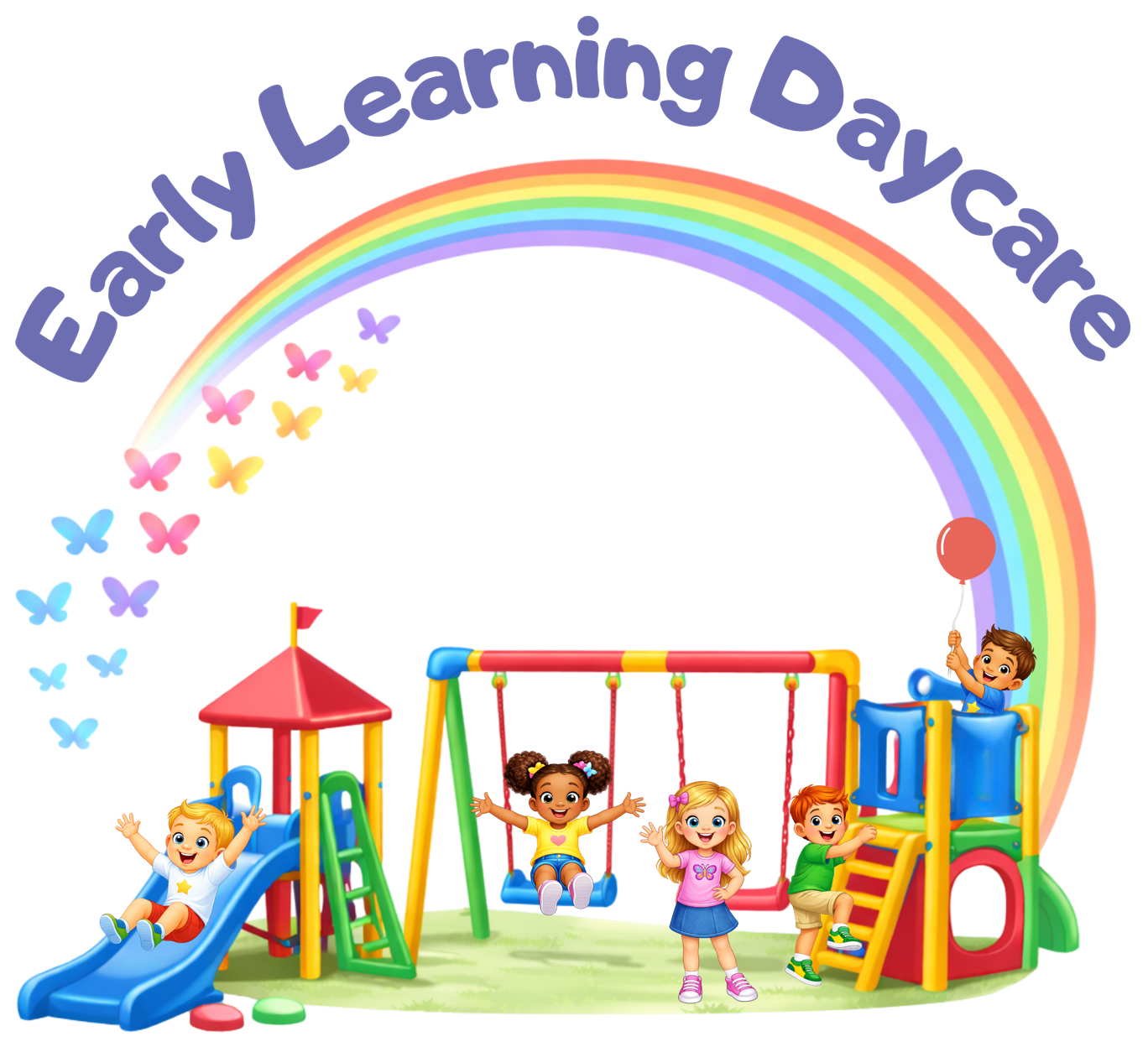
Play-based learning is crucial for child development because it fosters essential skills like problem-solving, creativity, and communication, while also promoting a love for learning and enhancing social and emotional growth. It allows children to learn through hands-on experiences, exploration, and engagement, leading to better cognitive and physical development, and ultimately prepares them for future success in school and beyond.
Here's a more detailed look at the importance of play-based learning:
1. Cognitive Development:
Here's a more detailed look at the importance of play-based learning:
1. Cognitive Development:
-
Problem-solving and Critical Thinking: Through play, children develop essential cognitive skills like problem-solving, critical thinking, and logical reasoning.
-
Creativity and Imagination: Play encourages children to be creative, imagine, and explore different possibilities, fostering a growth mindset and a love for learning.
-
Language and Communication: Play provides opportunities for children to communicate their ideas, negotiate roles, and develop their language skills.
-
Mathematical and Scientific Concepts: Play-based learning can be used to teach essential math and science concepts in a hands-on and engaging way.
-
Social Skills and Collaboration: Children learn to collaborate, negotiate, and communicate with others through play, fostering teamwork and social skills.
-
Emotional Regulation: Play provides a safe space for children to explore their emotions, learn to regulate their feelings, and develop emotional resilience.
-
Self-Confidence and Independence: As children make choices, set goals, and overcome challenges in play, they develop a sense of self-confidence and independence.
-
Gross and Fine Motor Skills:
Play activities, like building blocks, drawing, and playing games, help children develop both gross and fine motor skills.
-
Physical Fitness: Active play contributes to a child's overall physical health and well-being.
-
Intrinsic Motivation: Play-based learning creates an engaging and fun learning environment, fostering intrinsic motivation and a lifelong love for learning.
- Positive Attitudes Towards Learning: When children experience the joy and satisfaction of learning through play, they develop a more positive attitude towards learning and a desire to explore new concepts.
